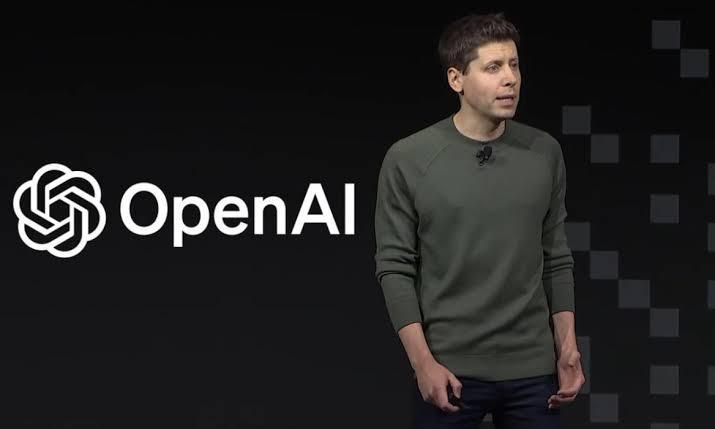CES 2026: How Emerging Technology is Shaping the Year Ahead
An expert breakdown of CES 2026, exploring how robotics, intelligent devices, and next‑gen computing are shaping technology and professional workflows in 2026.

OpenAI CEO Sam Altman likens GPT-5 to the Manhattan Project, admitting it makes him feel “useless” and urging deeper conversations about AI safety.
Table of contents [Show]
In a recent and candid statement, OpenAI CEO Sam Altman compared the capabilities of GPT-5 to the Manhattan Project, the top-secret World War II initiative that developed the first nuclear weapons. Altman admitted the scale and potential impact of GPT-5 make him feel “useless,” a rare moment of vulnerability from one of the most influential figures in artificial intelligence.
This remark reflects a growing unease among tech leaders and policymakers who fear that AI innovation is advancing faster than society can adapt.
Sam Altman is not just another voice in the AI space — he leads the company that created ChatGPT, a tool that has reshaped how people work, learn, and communicate. When the head of OpenAI admits that his own creation feels overwhelming, it sends a powerful signal to both the tech industry and global regulators.
By invoking the Manhattan Project, Altman draws a direct parallel between the transformative yet dangerous potential of AI and the most destructive technological leap in human history.
The pace of AI development is staggering. With GPT-5 promising unprecedented reasoning, automation, and content generation abilities, the stakes have never been higher. Without robust governance frameworks, there is a risk of misuse in areas ranging from misinformation campaigns to automated cyberattacks.
Governments, tech companies, and civil society groups are scrambling to establish rules that keep innovation in check while maximizing its benefits. Altman’s statement may accelerate calls for international agreements similar to nuclear treaties.
The public reaction to Altman’s comments has been mixed.
Many industry peers have echoed Altman’s sentiments, urging a pause on high-level AI research until stronger safeguards are in place.
While details on GPT-5’s full capabilities remain under wraps, insiders suggest it far surpasses previous models in speed, accuracy, and contextual understanding. Altman’s cautionary tone suggests OpenAI may adopt more controlled deployment strategies, possibly limiting access until safety protocols are thoroughly tested.
Sam Altman’s comparison of GPT-5 to the Manhattan Project is more than just a provocative soundbite. It is a warning shot to the global community. AI’s potential to transform society is undeniable, but so are the risks if it is left unchecked. As GPT-5 edges closer to public release, the conversation around ethical boundaries, safety measures, and responsible innovation will only intensify.
An expert breakdown of CES 2026, exploring how robotics, intelligent devices, and next‑gen computing are shaping technology and professional workflows in 2026.
A thoughtful exploration of how modern AI tools are reshaping professional productivity in 2026, with practical insights, real world scenarios, and an honest look at limits and tradeoffs.
Looking to supercharge your productivity? Explore our comprehensive guide to the top 10 AI productivity tools offering free trials in 2026. From intelligent writing assistants to automated project management, discover which AI tools can save you hours every week. Get detailed comparisons, pricing breakdowns, and expert tips to choose the perfect tools for your workflow.
